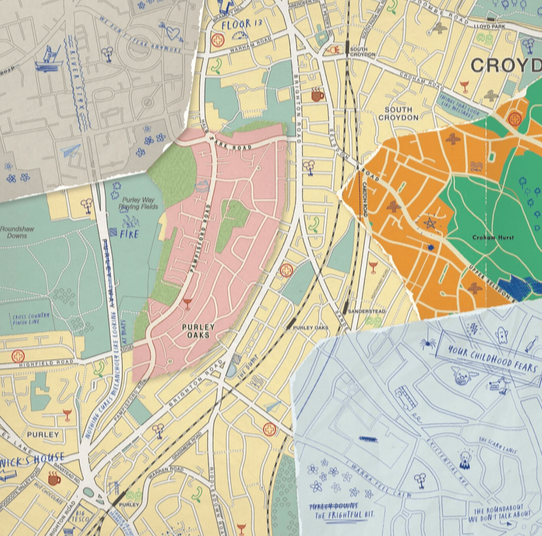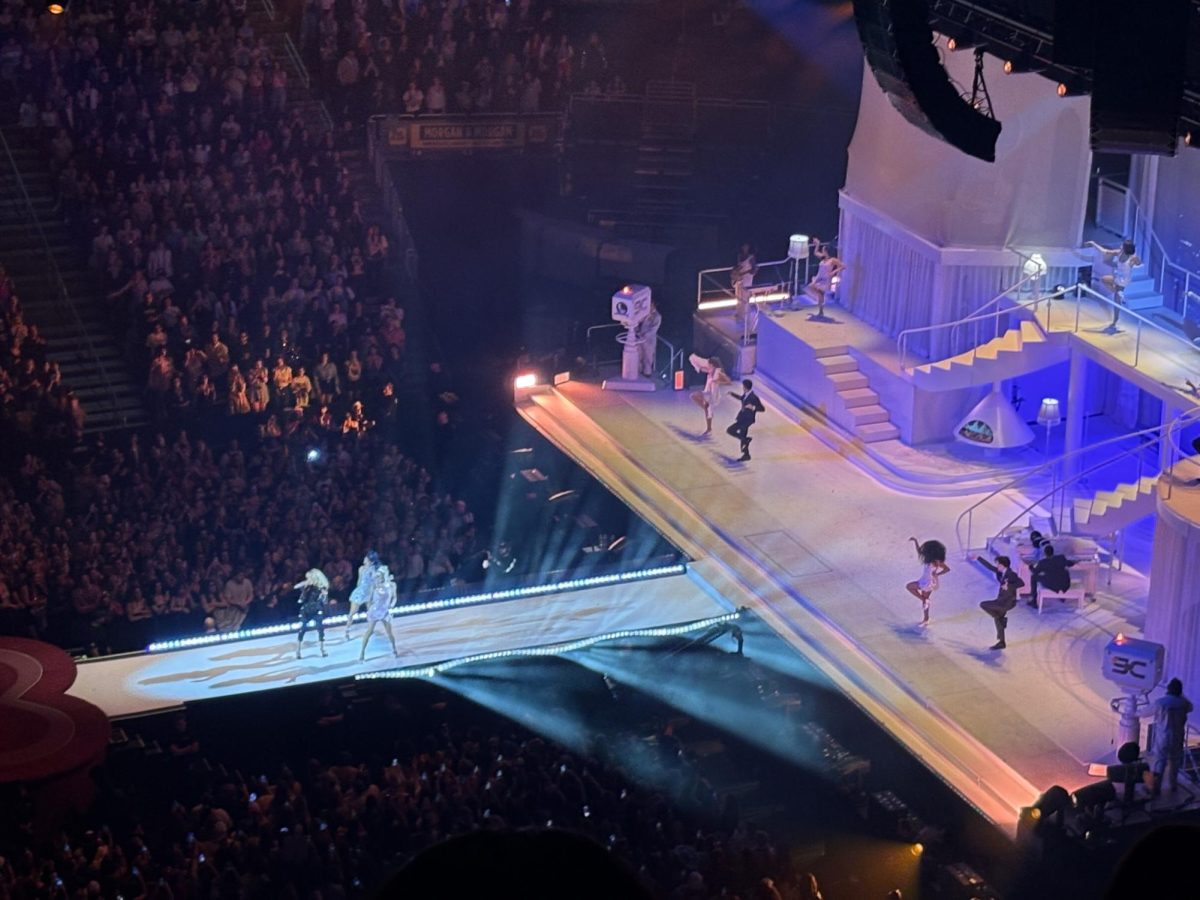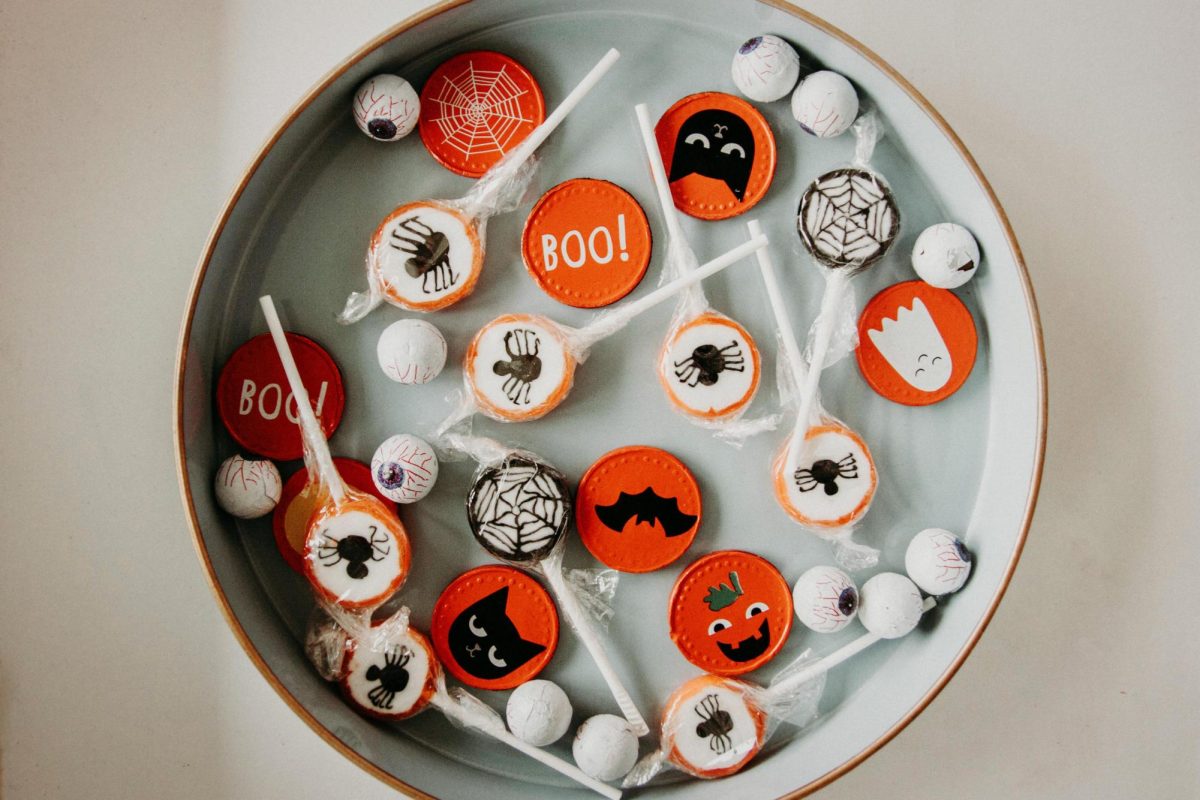
Bears in Trees’ newest record, How to Build an Ocean: Instructions, continues the band’s trend of celebrating mundane life experiences in their music and using them to make poetic revelations about the human condition.
The opening track, “Your Favorite Coat,” is a fun song about trying to be present in the world but getting overwhelmed instead.
The song talks about how being grounded in the world is not a linear process. Things like coats and dignity get lost, but friends who can look past flaws help each other heal.
The next song, “Things that Look Like Mistakes,” matches a bright sound with darker lyrics. Beyond the fun, ska-inspired instrumentals is a contemplation of death.
The song talks about how the narrator does not want to have to face the reality of death, and the clash in the tone of the lyrics and instrumentals works well with this. A line in the song, “If tomorrow I’m going to be haunted / today I’m going to be free,” expresses this detachment from the hard reality of death in a poetic way.
“All You Get is Confetti” changes the tone of the album. The lyrics are the same bittersweet poetry found in the rest of the album, but this song is the first where the backing music matches it. It talks about the impossibility of pleasing everyone, but presents the hope of finding a soulmate.
“Tai Chi With My Dad” is a song presumably about the band members’ struggle with severe asthma. The narrator of the song talks about conversations they’ve had with “The Raven,” a reference to Edgar Allen Poe’s poem of the same name.
The raven in the song tells the narrator to be empathetic to others, even if it hurts. The song is a beautiful reminder that kindness isn’t always easy, but it should be given to our past selves and others.
One of the last songs, “We Don’t Speak Anymore,” represents all the themes of the album. It talks about love, loss, and the way relationships get complicated with time.
The blurry, complicated feeling of losing friendships is communicated so well through the song, both in the lyrics and instrumentation. The narrator of the song lost touch with a friend and says, “We don’t speak anymore. / It’s not that deep, or that shallow.”
The entire album is a series of experiences, captured in songs, that feel personal enough to be genuine, but they share something universal about humanity. As is the case with all music, what the songs say about the human condition is subjective, but Bears in Trees has something to say.
Everyone should give How to Build an Ocean: Instructions a listen and expect to be a different version of themselves when the record stops spinning.












